Top 6 Platforms Providing Supplier Location Intelligence
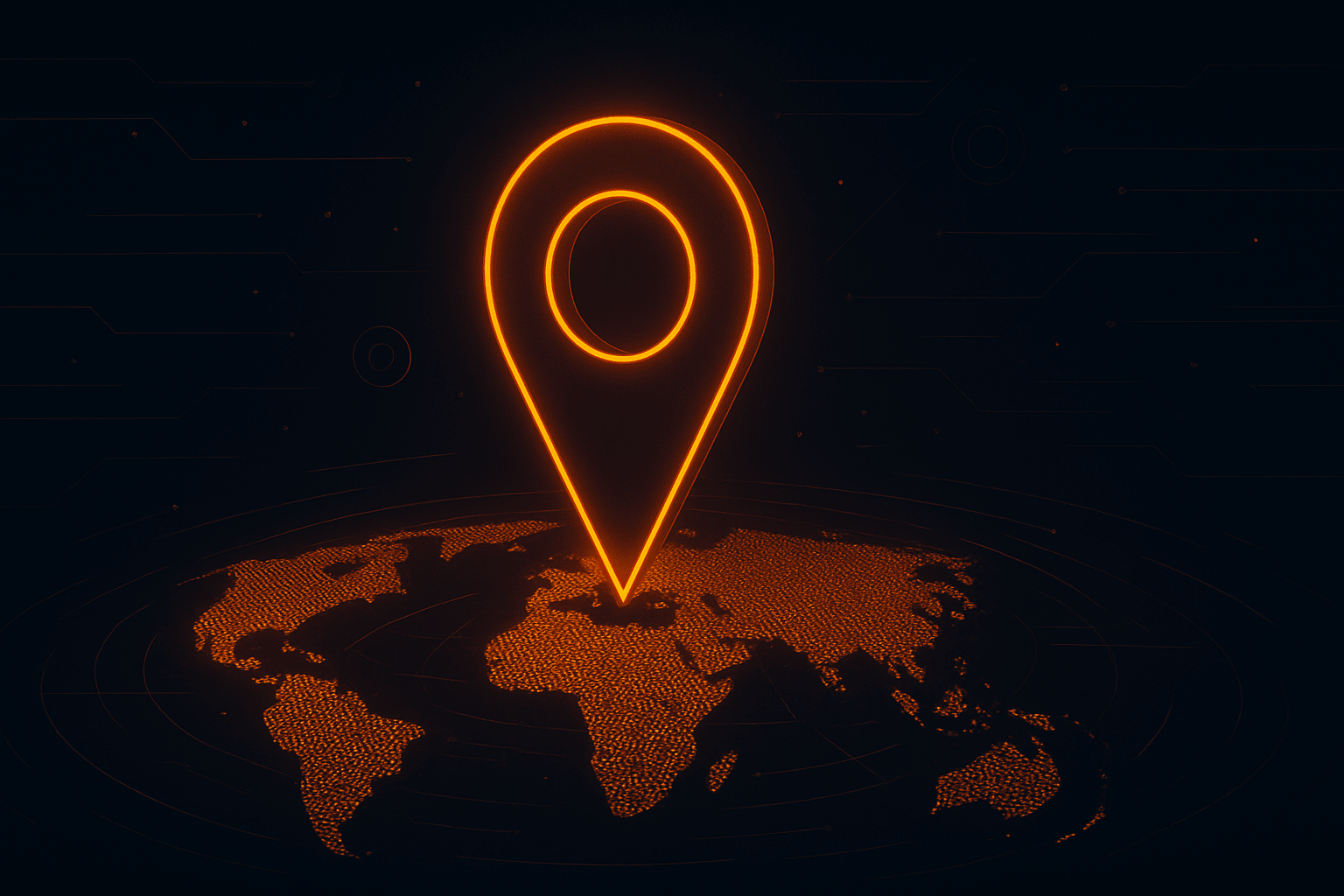

Supplier location intelligence has become critical for supply chain risk management and resilience.
After all, knowing where supplier facilities are located and what each one does can make or break sourcing decisions.
That’s why today, we will highlight six leading platforms that provide visibility into supplier locations and activities.
We will explain how they gather data, what location-specific insights they deliver, and what sets them apart.
Let’s get started.
First off, we have our own platform, Veridion.
Veridion offers AI-driven supplier intelligence with a strong emphasis on accurate, up-to-date location data across the globe.
Our database covers more than 120 million companies across 203 million locations, with over 400 million business locations mapped.
This data is sourced from a combination of structured and unstructured channels, including company websites, social media platforms, and global news updates.
It’s updated weekly, ensuring that any changes to a supplier’s footprint—whether a new site or a closure—are reflected almost instantly.
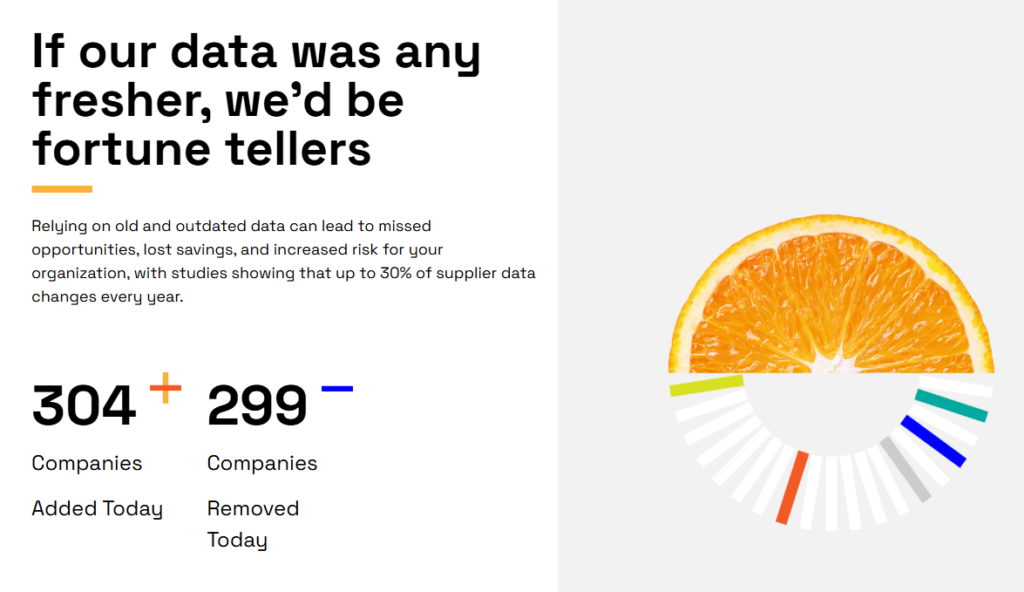
Source: Veridion
Veridion’s location data is not limited to primary supplier headquarters (HQ) but also includes secondary sites.
These could be factories, farms, warehouses, retail locations, branch offices, and so on, with each location tagged accordingly in our database.
The result is a full, continuously refreshed view of a company’s operational geography.
Here is a quick recap of Veridion’s key location intelligence features:
What sets Veridion apart is how this precision feeds into supply chain planning.
For example, with advanced supplier search filters like company proximity, users can discover other businesses located near a supplier’s HQ or secondary locations.

Source: Veridion
If you’re concerned about the clarity of this in-depth location data, don’t be.
Our proprietary address normalization system ensures that even messy, unstructured location data is cleaned, tagged, and understood, surpassing the capabilities of most standard supplier location intelligence tools.
So, compared to tools like Everstream or Interos.ai, which focus more on risk management, Veridion excels in granular business data and geographic intelligence.
On top of that, Veridion brings a sustainability edge.
By combining EXIOBASE3 and IEA emissions factors, Veridion estimates the carbon intensity of supplier locations, even when companies don’t self-report emissions.

Source: Veridion
This allows for smarter ESG data screening based on geography and operational footprint, and is paramount for companies that prioritize ethical and responsible sourcing.
So, if your focus is mapping a supplier’s full operational footprint while also supporting your sustainability initiatives, Veridion offers unmatched data.
Everstream (formerly a Resilinc-acquired brand) specializes in predictive risk analysis for complex global supply chains.
Rather than cataloging detailed company information, it continuously collects proprietary internal and external data, from weather and trade shipments to news and social media, to feed its risk models.
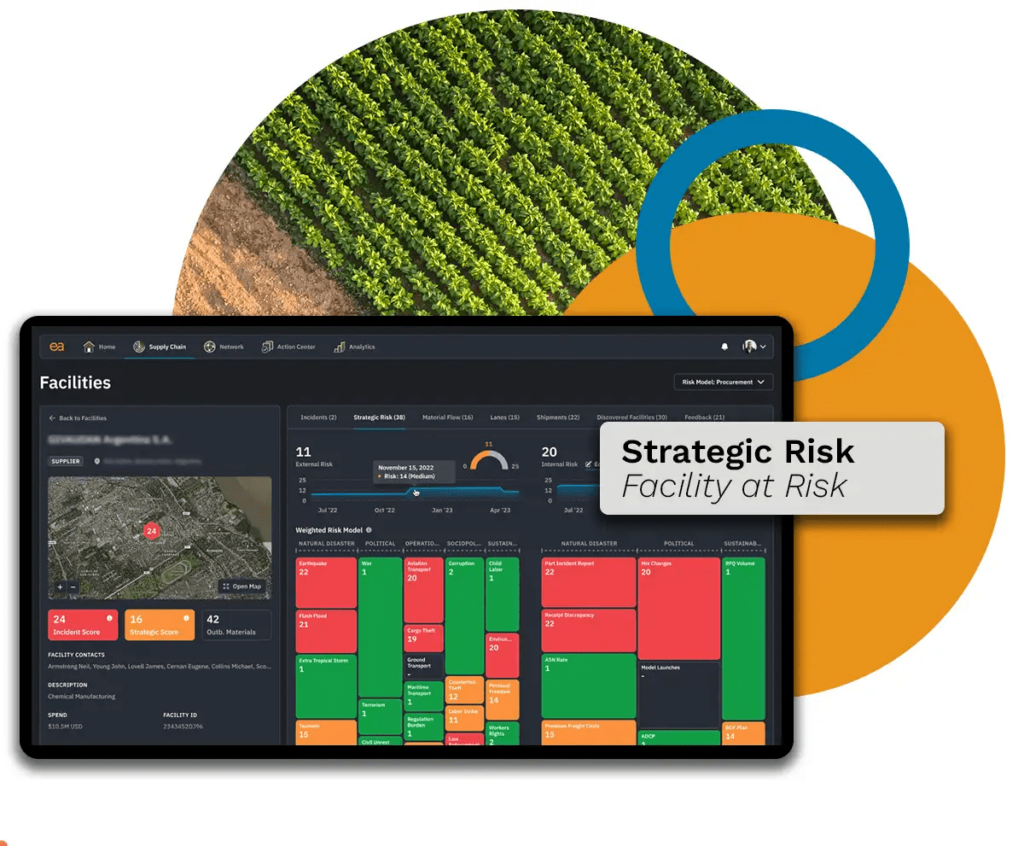
Source: Everstream
It leverages a combination of AI, natural language processing (NLP), and a team of human analysts to monitor thousands of potential disruptions around the clock.
Compared to other systems on our list, Everstream’s data comes from unique sources like DHL logistics feeds, country-specific alerts (like WeChat in China), and trade data.
This enables the platform to maintain a broad and current view of supplier-related events.
Everstream’s core location intelligence comes through mapping its customers’ multi-tier supply networks and geo-locating events.
It can uncover hidden sub-tier suppliers by analyzing trade and shipment records, then pin their locations via geo-positional Insights.
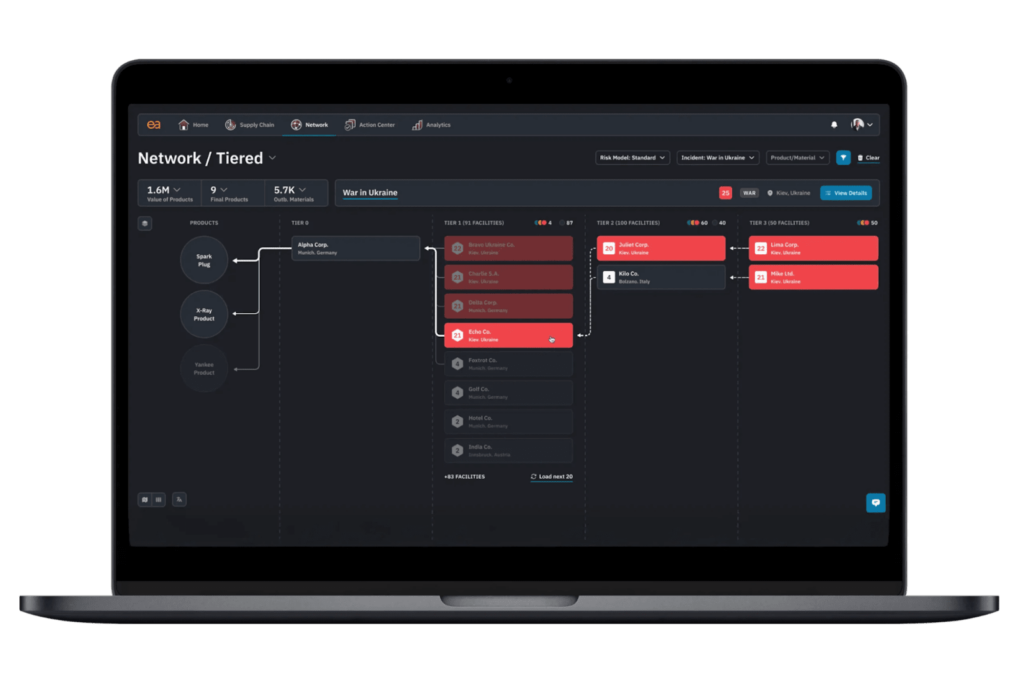
Source: Everstream
For instance, the platform can map all known facilities for a given supplier and trace how products flow between them.
Disruptions and alerts are geotagged, showing exactly which suppliers and parts are affected.
So, while it may not label as many site types as Veridion, it excels at connecting operational events and shipments to supplier sites worldwide.
Here are Everstream’s key features:
These capabilities make Everstream a strong choice for supplier risk assessment and early warning systems, although it lacks some advanced capabilities offered by platforms like Resilinc and Interos.ai.
For example, a manufacturer might rely on Everstream to get an alert when a major supplier’s region is hit by a typhoon, so they can reroute orders before delivery is disrupted.
In short, Everstream provides procurement and supply chain teams with the location-based intelligence they need to detect, assess, and respond to disruptions before they escalate.
PitchBook is a financial data and research platform focused on deep company intelligence.
Unlike other platforms in this list, PitchBook’s core strength lies in corporate financial and investment data, not supply chain or logistics insights.
It compiles detailed profiles on almost 4.8 million private and over 100 million public companies, including funding histories, acquisitions, valuations, executive teams, and market analytics.
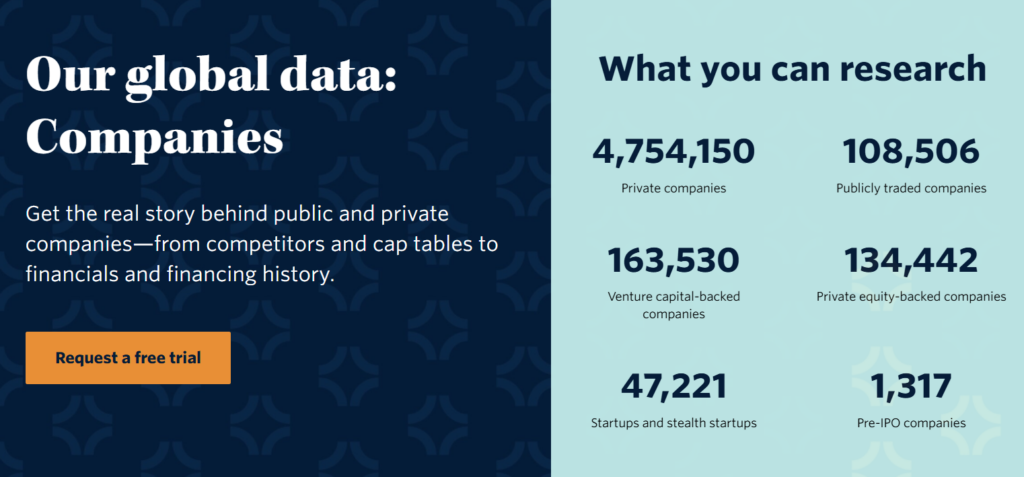
Source: PitchBook
Data is sourced from SEC filings, news, press releases, regulatory disclosures, and PitchBook’s in-house analyst research.
The emphasis is on transactions like financings, M&A, debt, and ownership status, rather than supply chain information.
So, while PitchBook is not primarily a supplier location tool, it can be used to identify potential suppliers by geography.
For example, a user might search for all manufacturing firms in a particular city or filter by geography in custom lists.
The Companies & Deals Search function allows users to find a supplier’s headquarters and, when available, other known office or facility locations.
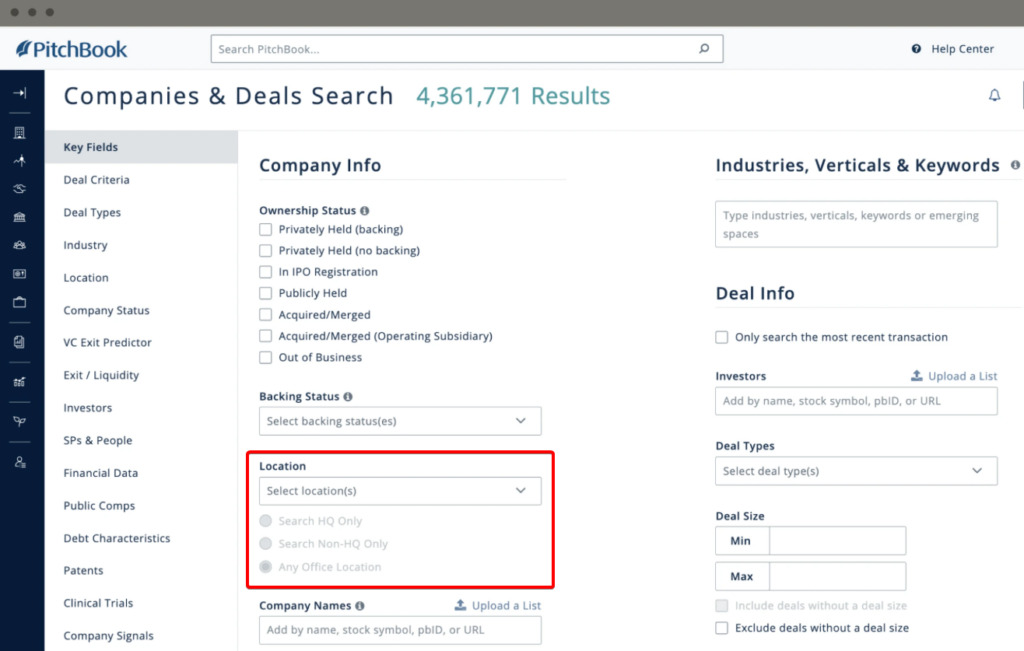
Source: PitchBook
However, PitchBook does not extract sub-facility data from raw inputs; its location insights are limited to what is publicly disclosed or reported.
And the location taxonomy is fairly limited when compared to tools like Veridion.
So, PitchBook is ideal for procurement and sourcing teams evaluating suppliers’ financial health, or for those focused on working with venture-backed or fast-growing companies.
It’s particularly useful for identifying innovative suppliers backed by top-tier investors.
In a list of location-intelligence tools, PitchBook stands out as the one with a capital-markets lens rather than pure operations or logistics.
Panjiva, part of S&P Global, is a platform that delivers detailed insights on global trade and supplier networks.
Built primarily on U.S. and international customs records, Panjiva covers around 9 million companies across 190 countries and includes more than 2 billion shipment records.
The map below shows the regions it covers.
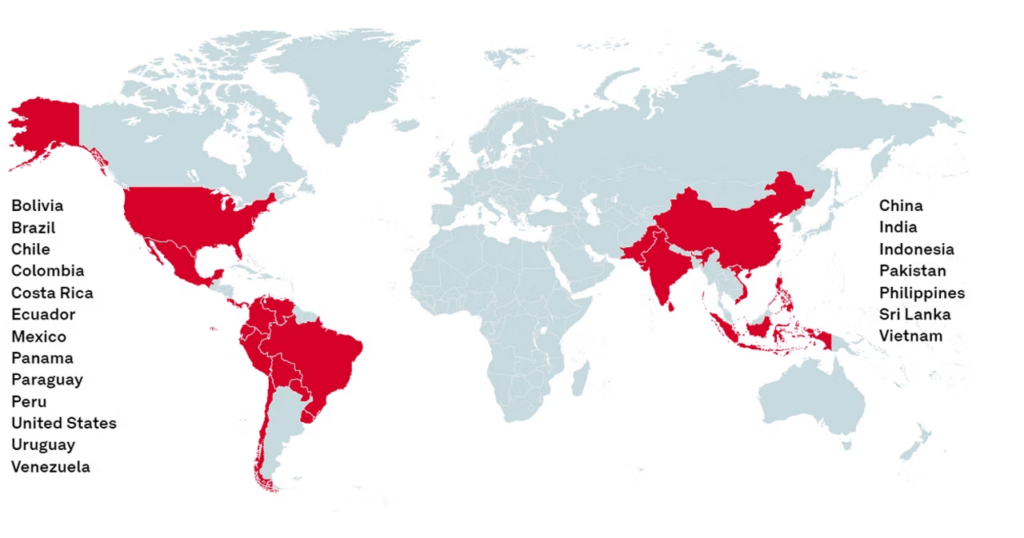
Source: S&P Global
When it comes to location intelligence, Panjiva tags every shipment with its origin and destination port and country, creating a detailed map of global trade flows.
Users can also search for suppliers by location, like country, port, or even geofence region.
You can also search for specific products, using Harmonized Tariff System (HTS) codes that classify goods based on a standardized system used globally for trade and customs regulation.
Unlike other platforms that focus on supplier profiles, Panjiva’s strength lies in shipment-level intelligence.

Source: S&P Global
On the other hand, if you search for a company directly, you can see all the locations it sources components from or exports products to.
For example, it can show that a certain company imports parts from factories in specific Chinese provinces, or that an electronics supplier has key factories near major ports.
Below are Panjiva’s key features:
Panjiva is unique among the platforms on this list in its focus on global trade intelligence.
If we compare Panjiva’s customer data with, say, Veridion’s company profiles, Panjiva’s data is narrower, but deeper on shipment details.
That makes this tool best for procurement and sourcing teams interested in mapping international supplier footprints or tracking shipments over borders.
Ultimately, Panjiva stands out for transforming customs and shipping data into location intelligence, enabling firms to see who ships what, from where.
Resilinc is a supply chain resilience and risk platform known for multi-tier visibility and early-warning alerts.
It combines AI-powered data harvesting from sources like news, logistics feeds, social media, and government filings, with direct supplier collaboration to build digital twins of supply networks.
The platform ingests over 100 million public data points while also soliciting part-level details from suppliers via secure portals.
Some of its key features are:
Resilinc delivers highly granular location intelligence.
Its Multi-Tier Mapping feature builds a digital twin of the full supply network, tracing the network from raw material suppliers through to final assembly.
Each supplier site is geocoded and enriched with detailed attributes such as factory addresses, regions, countries, and even part-specific production information.

Source: Resilinc
This feature is supported by the platform’s proactive risk alerts—things like predictive warnings from weather, political risks, supplier news, etc.
Going even further, their proprietary AI agents offer risk mitigation playbooks and early action suggestions to prevent disruptions.
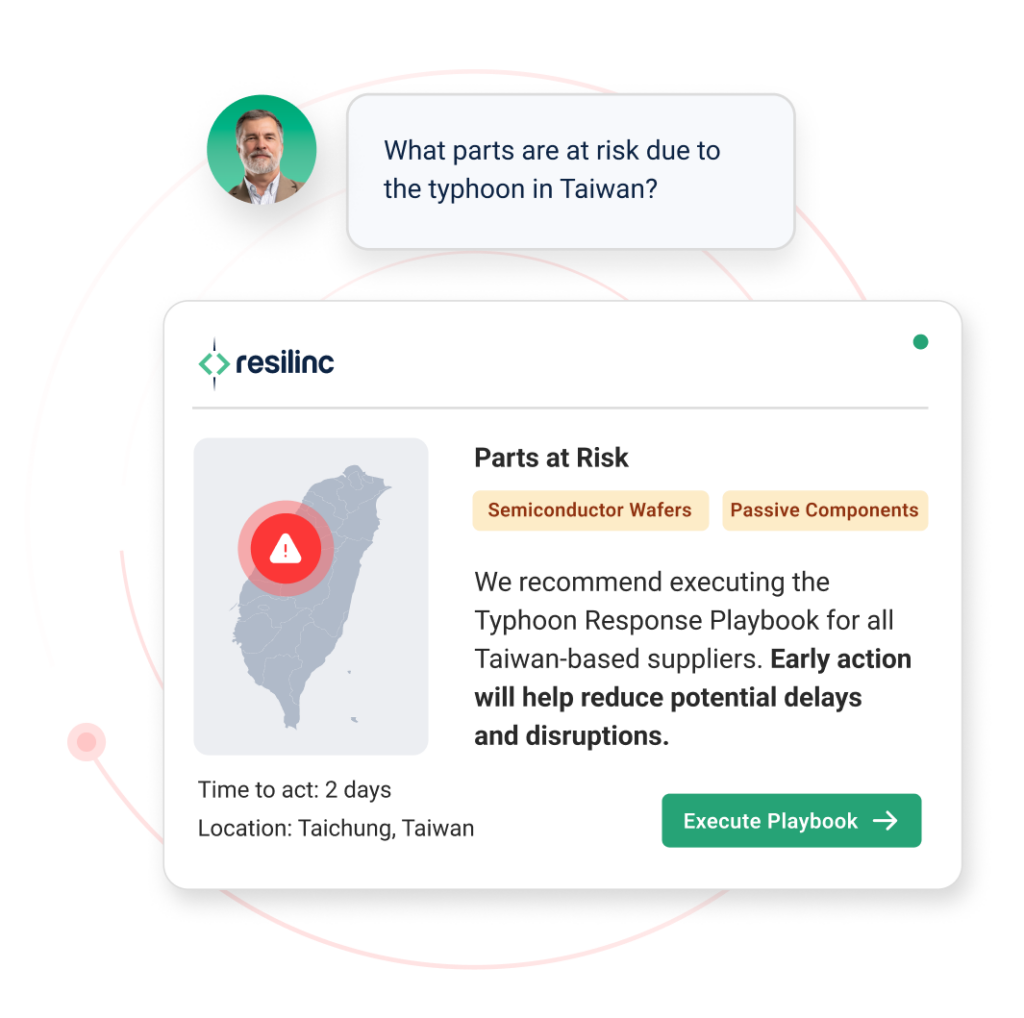
Source: Resilinc
While systems like Everstream and Interos.ai monitor live events for risk, Resilinc emphasizes pre-event scenario planning and supplier-verified data.
The platform also collects performance data at each site and helps you run impact modeling for what-if scenarios and stress tests for your supply chain.
For example, you could simulate an earthquake’s impact on a critical Tier-2 supplier’s factory, understanding its direct and indirect effects and pre-identifying alternative product sources.
In short, Resilinc is aimed at supply chain teams that want a unified view of all supplier locations and intelligent guidance on prevention and response.
So, if you want granular, validated supplier-site data and robust scenario planning, Resilinc is the standout choice.
Interos.ai is an AI-first platform offering expansive, continuous mapping of global supplier networks with integrated risk scoring.
The platform continuously scans public records, commercial data sets, news feeds, and even satellite imagery to map over 200 million suppliers and 11 billion+ relationships.
Its AI engine builds a live graph of partnerships, ownership, and service relationships.
Every company and supplier is geocoded in its graph, and locations are tagged with some of the risk factors shown below.

Source: Interos.ai
With Interos, users can uncover indirect suppliers at specific sites and visualize geographic dependencies through heat maps and concentration analyses.
Users can filter by region, risk score, or supplier tier to pinpoint location-based vulnerabilities.
Interos.ai’s key features are the following:
Interos is designed for enterprises and government agencies that require robust third-party risk management at scale.
Its standout feature is the i-Score™, a composite risk score that blends location-based risks (e.g., political instability or climate events) with financial, operational, and cyber risk indicators.
While it doesn’t offer AI risk mitigation agents like Resilinc, features like the Interos Resilience Watchtower can help contextualize risk scores to support mitigation.

Source: Interos.ai
Though it doesn’t go as deep into site-type classification as Veridion, Interos integrates location intelligence into every part of its risk framework.
For example, it can flag suppliers located in politically volatile regions or those exposed to frequent natural disasters.
Moreover, Interos.ai can identify geo-concentration risk, highlighting when a supply base is overly reliant on a single region or country.
Interos.ai is most similar to Resilinc and Everstream in mapping supply networks, but it emphasizes automated scoring across risk types and has an even larger data graph.
Ultimately, Interos is tailored for organizations that need an all-in-one view of where their suppliers operate and how safe those operations are, automatically integrating location into every risk analysis.
Each of these six platforms provides supplier location intelligence in its own way.
We’ve covered platforms like Veridion and PitchBook, which focus on broad and detailed company data ideal for supplier discovery and profiling.
Tools like Everstream, Resilinc, and Interos are suited for disruption tracking and risk scoring.
Meanwhile, Panjiva brings deep trade-flow visibility, making it especially valuable for logistics teams.
By choosing the platform that best meets your needs, you can gain the precise location-based insights needed to build more resilient supply chains.
So, explore these options and find the best fit for your organization’s goals.